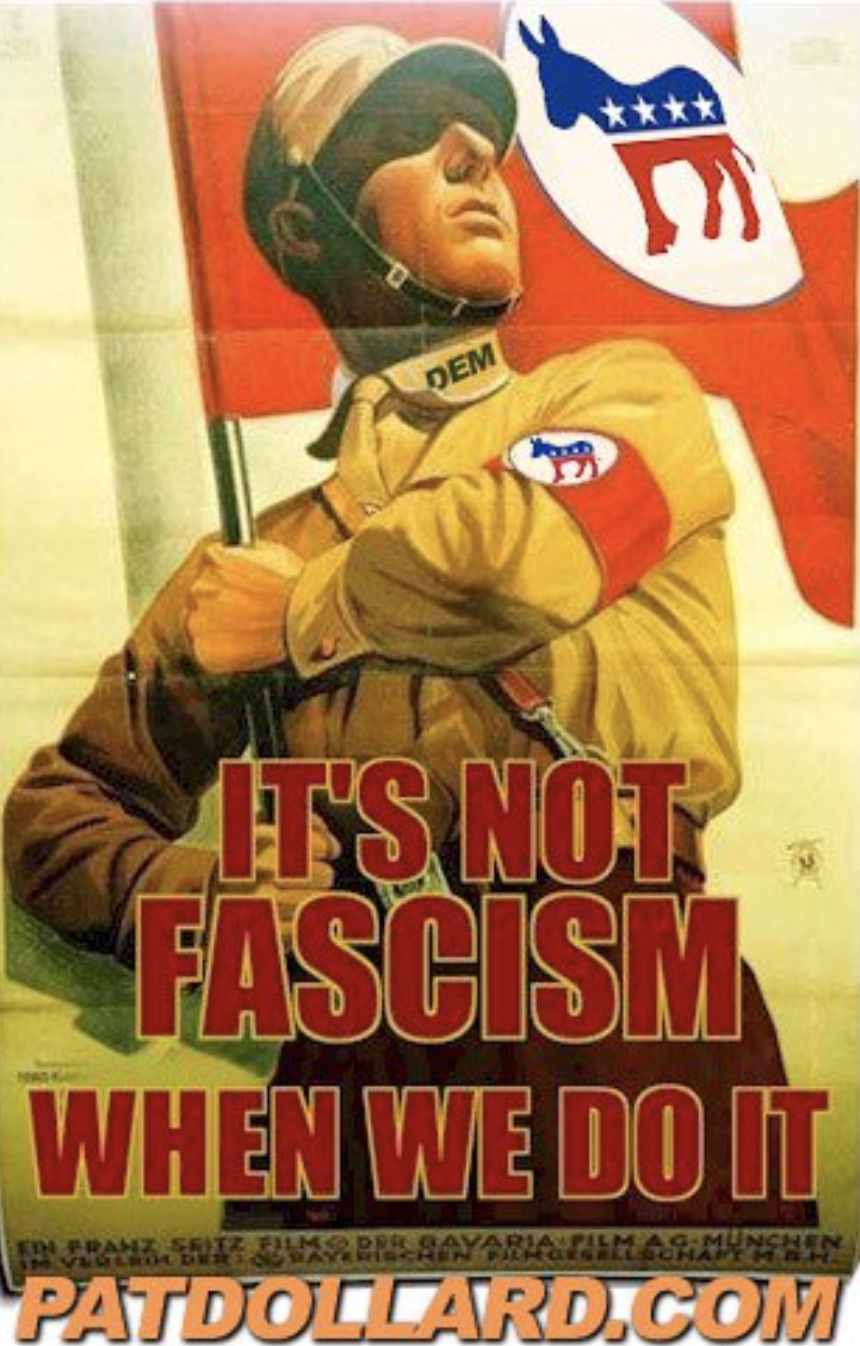This is a Facebook note that I wrote years ago and only recently ran across… eerily prophetic.
Strasser, Todd. The Wave. Dell Laurel-Leaf, 1981.
The Wave is a book I picked up at Barnes & Noble on a whim in May 2011. It is a short read at 138 pages and the drama unfolds at a brisk pace. It is 1969 and high school history teacher Ben Ross has introduced his class to the travesties of the Holocaust. The students are unable to comprehend how anyone could be a part of the Nazi party or allow its unchecked proliferation. In response, Mr. Ross conducts a classroom exercise that roots itself in the student body, gains momentum at a frightening pace and threatens to catch everyone in The Wave…
One side of the equation is comprised of the student movement known as the Wave, which is an analogy for the Nazi/Socialist movement. The members of this group dislike “cliques” and the insecurity that stems from peer competition. Paradoxically, they form a group and pressure others to join and prove their loyalty. The element of this with which I agree is that a “social movement” is a powerful way to unite people and move forward with a common cause. I do not have a problem with a group excluding outsiders from functions of said group, for example: rights granted by fitness clubs, country clubs or state-appointed certifications. I believe the problem is when the group feels it must actively threaten or silence outsiders, as occurs in this story and so often in media and social networking outlets.
The other side of the equation would be the protagonist, Laurie Saunders. She grows uneasy with the increasingly eerie vibe of the Wave and, refusing to go along with the flow, becomes isolated from her friends. This isolation, and reports of assaults against other non-conformers, prompts her to write an anti-Wave article in the school newspaper, which leads to threats from her peers. Laurie represents the power of an individual to stand up against tyranny. In this respect, the book does a good job of demonstrating how freedom of expression can be a valuable weapon against a well-intentioned social movement run amuck.
One of the issues that this book does not address very well is that Laurie does not want her friends to join the Wave but she does nothing to help them cultivate the personal growth they need in order to resist the movement. Laurie’s struggles to save her friends from the Wave will lead to a void in their lives, which could be filled with other dangerous influences. A similar longing for meaning is what led to the rise of the Nazi party. The Germans were reeling from substantial losses during WWI and the collapse of their currency which facilitated the Nazi party’s control over their pains and weaknesses.
This leads me to conclude that people who fail to empower themselves through knowledge will perpetually be at the mercy of any elected official. “Socialist” or “democratic” are generalizations of a party but do not necessarily prove the intent of the leader. I think this quote from the book sums things up nicely, “…you will have learned that we are all responsible for our own actions, and that you must always question what you do rather than blindly follow a leader, and that for the rest of your lives, you will never, ever allow a group’s will to usurp your individual rights.” (Strasser, pg.135)
Follow-up: Considering all of the social and political events taking place over the last four years, like: Anti-Fascists, the financial ruin of Venezuela, professed Democratic-Socialists, pre-pubescent drag shows, and etc., its hard not to draw the parallels between this fictional book and whats going on in society. The proliferation of “immediate gratification” via internet, apps, and pop-up culture has filled people with a huge sense of whats right now, or right around the corner. There is very little appreciation for past generations and the mistakes that created trying times. There is a meme floating around that says “Hard times, make hard men. Hard men, make good times. Good times, make weak men. Weak men, make hard times.”
Picture from PatDollard.com.

